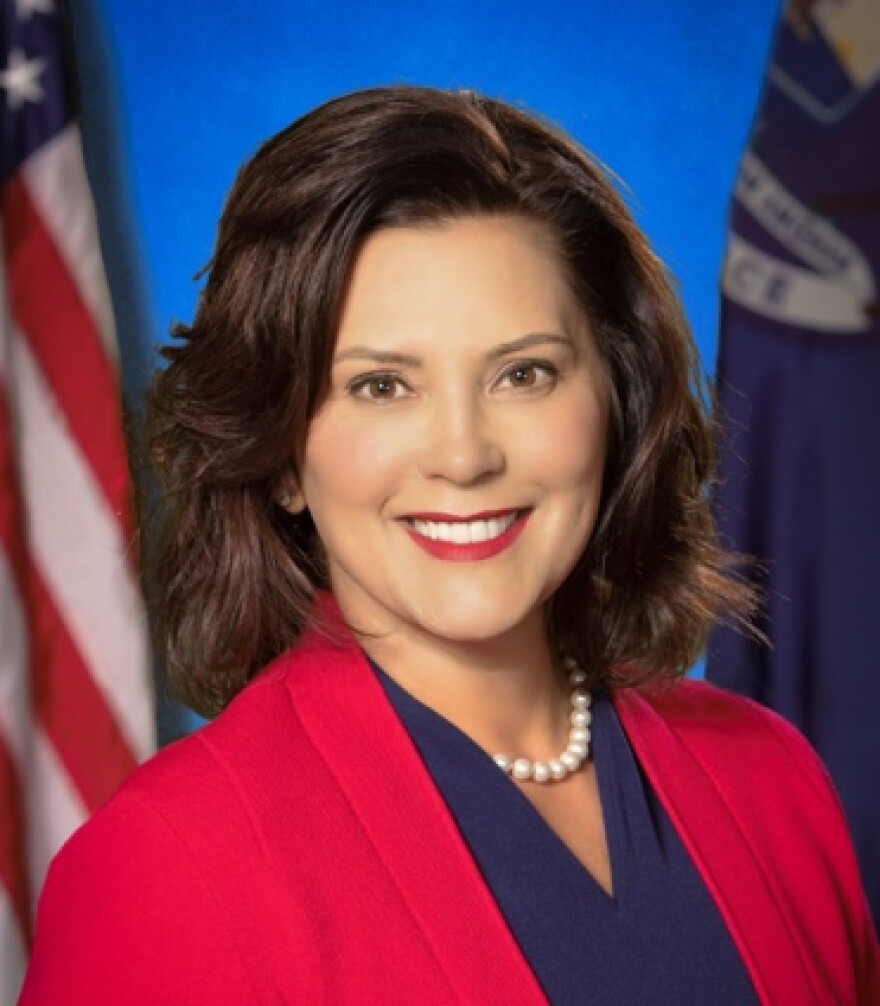Wisconsin’s neighbor will soon become one of a few states with enforceable PFAS regulations on the books.
Michigan could have strict standards by next April, after Gov. Gretchen Whitmer endorsed a plan from the state’s Department of Environment, Great Lakes, and Energy (EGLE).
They could be enacted by next April.
“We can no longer wait for the federal government to act,” said Whitmer in a statement.
Notably, the level of PFOA will be capped at eight parts per trillion (ppt). The PFOS limit will be 16 ppt. Those two compounds are the best-known PFAS contaminants.
“Michigan is a leader. These new standards, although some states have developed a few individual values for certain PFAS, I haven’t seen a state that’s proposed rules for so many different compounds,” said EGLE spokesman Scott Dean. “We’re looking at seven that we feel like there’s enough data to act on.”
Michigan has tested more than 1,800 public drinking water and school sites across the state. Twenty-two tested with high enough PFAS levels to merit attention.
The government heard from a wide range of people, including environmentalists, health workers, and industry groups, as part of its PFAS Action Response Team.
“These draft regulations represent input from a diverse group of stakeholders who helped us shape regulations that we believe are practical, science-driven, and, most importantly, protective of public health,” Dean said.
Last week, Wisconsin’s Natural Resources Board supported starting the process to develop PFAS regulations for the state.
That could take two and a half years.






